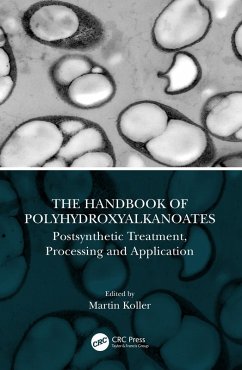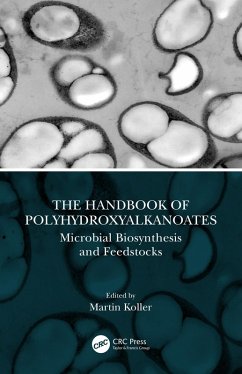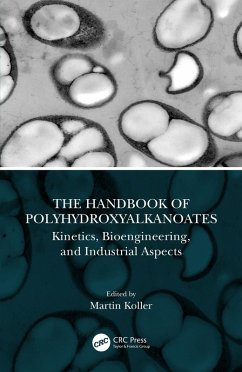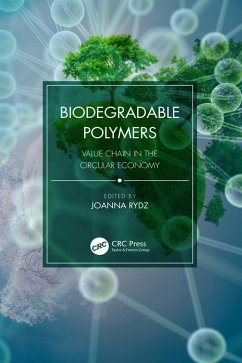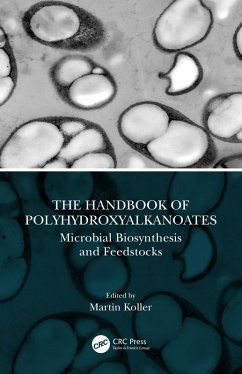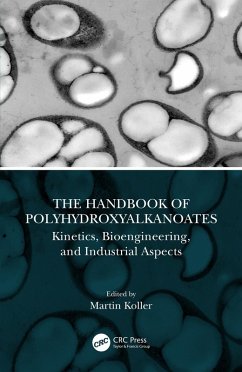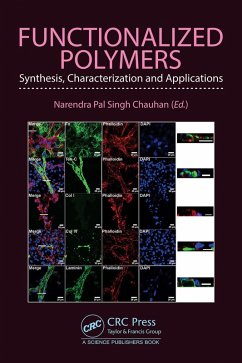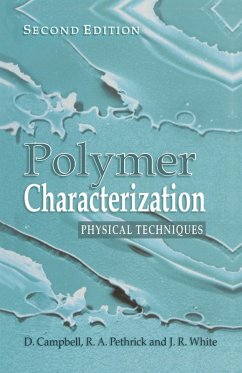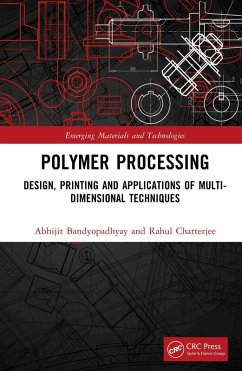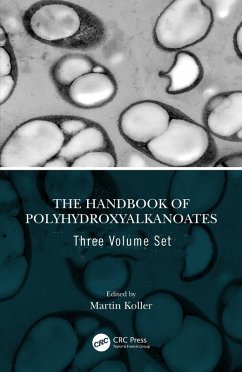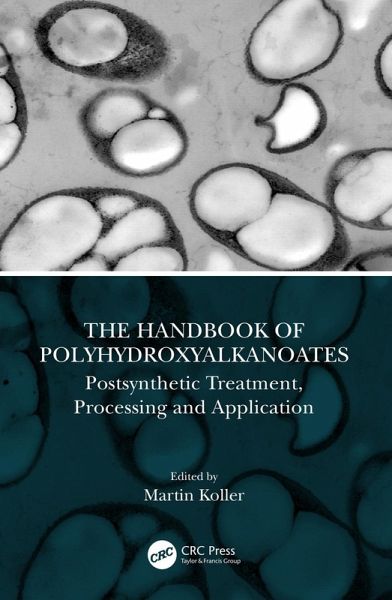
The Handbook of Polyhydroxyalkanoates (eBook, PDF)
Postsynthetic Treatment, Processing and Application
Redaktion: Koller, Martin
Versandkostenfrei!
Sofort per Download lieferbar
59,95 €
inkl. MwSt.
Weitere Ausgaben:

PAYBACK Punkte
30 °P sammeln!
The third volume of the Handbook of Polyhydroxyalkanoates (PHA) focusses on the production of functionalized PHA bio-polyesters, the post-synthetic modification of PHA, processing and additive manufacturing of PHA, development and properties of PHA-based (bio)composites and blends, the market potential of PHA and follow-up materials, different bulk- and niche applications of PHA, and the fate and use of spent PHA items. Divided into fourteen chapters, it describes functionalized PHA and PHA modification, processing and their application including degradation of spent PHA-based products and fat...
The third volume of the Handbook of Polyhydroxyalkanoates (PHA) focusses on the production of functionalized PHA bio-polyesters, the post-synthetic modification of PHA, processing and additive manufacturing of PHA, development and properties of PHA-based (bio)composites and blends, the market potential of PHA and follow-up materials, different bulk- and niche applications of PHA, and the fate and use of spent PHA items. Divided into fourteen chapters, it describes functionalized PHA and PHA modification, processing and their application including degradation of spent PHA-based products and fate of these bio-polyesters during compositing and other disposal strategies. Aimed at graduate students and professionals in Polymer science, chemical engineering and bioprocessing, it:
Covers current state of the art in the development of chemically modifiable PHA including mult-istep modifications of isolated biopolyesters, short syntheses of monomer feedstocks and so forth.
Describes design of functionalized PHA-based polymeric materials by chemical modification .
Illustrates preparation of bioactive oligomers derived from microbial PHA and synthetic analogues of natural PHA oligomers.
Discusses processing and thermomechanical properties of PHA.
Reviews advantages of PHA against other bio-based and conventional polymers with current applications and potential uses of PHA-based polymers highlighting innovative products.
Covers current state of the art in the development of chemically modifiable PHA including mult-istep modifications of isolated biopolyesters, short syntheses of monomer feedstocks and so forth.
Describes design of functionalized PHA-based polymeric materials by chemical modification .
Illustrates preparation of bioactive oligomers derived from microbial PHA and synthetic analogues of natural PHA oligomers.
Discusses processing and thermomechanical properties of PHA.
Reviews advantages of PHA against other bio-based and conventional polymers with current applications and potential uses of PHA-based polymers highlighting innovative products.
Dieser Download kann aus rechtlichen Gründen nur mit Rechnungsadresse in A, B, BG, CY, CZ, D, DK, EW, E, FIN, F, GR, HR, H, IRL, I, LT, L, LR, M, NL, PL, P, R, S, SLO, SK ausgeliefert werden.




